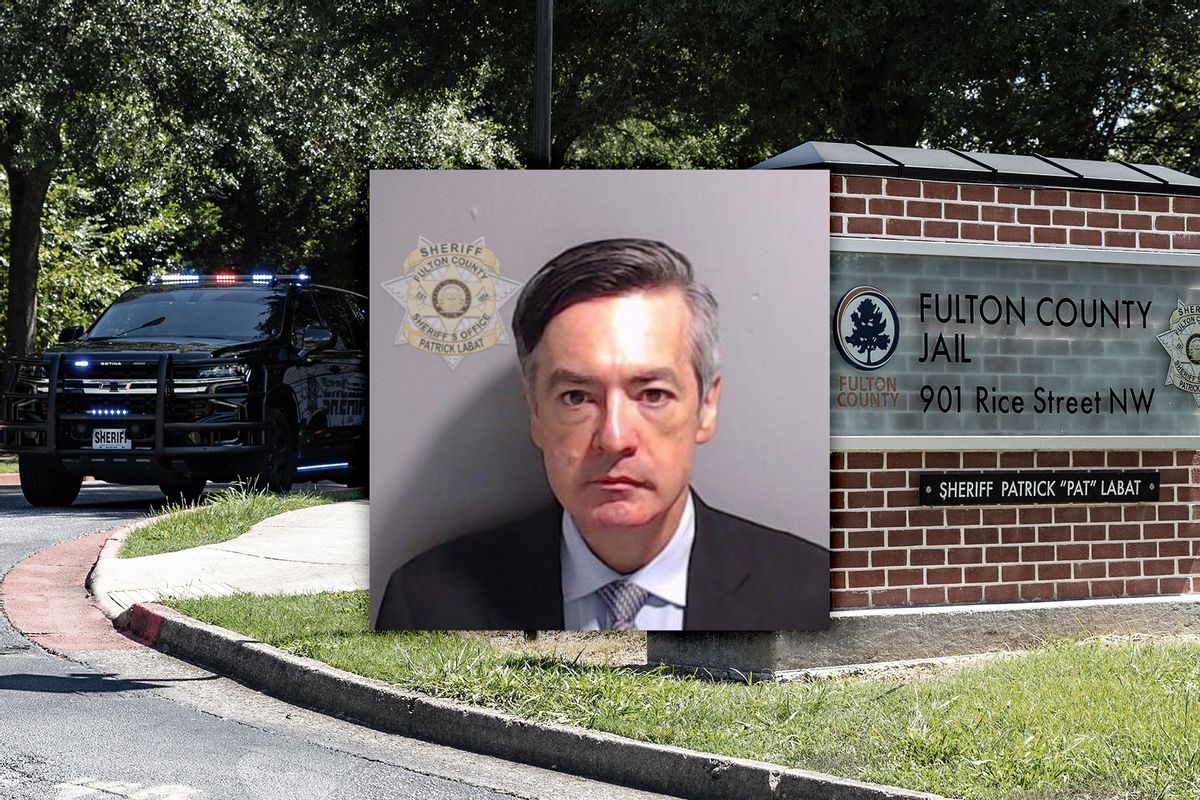Legal experts: Jan. 6 architect made a “risky gamble” — but Fani Willis just “called his bluff”

Fulton County District Attorney Fani Willis proposed an Oct. 23 trial start date in the Georgia 2020 election interference case involving former President Donald Trump and his allies after lawyers for one of the co-defendants filed a motion demanding a speedy trial.
The aggressive filing from Kenneth Chesebro, the mastermind behind the plan to send fake electors to Congress from states Trump had lost, surprised legal experts. “He is making a risky gamble,” New York University Law Prof. Ryan Goodman wrote on X, formerly Twitter.
When defendants make such requests at the district attorney’s office, “that’s a declaration of war,” Chris Timmons, a former Georgia prosecutor, told Salon.
“Basically, what you’re saying is I’m ready to go to trial and I want it tomorrow if I can get it,” Timmons said.
A speedy trial request is typically filed in situations where a client, who is innocent, is in custody and can’t get a bond, he added.
“I suppose this makes sense if you’re Chesebro,” Georgia State University Law Prof. Anthony Michael Kreis wrote on X. “He has fewer fingerprints on things in Georgia specifically than the others— his charges are all conspiracy-based. But the removal question complicates: isn’t clear that the removal of one defendant doesn’t mean the removal of all.”
Chesebro is charged with racketeering and other offenses, including conspiring to commit impersonating a public officer, conspiring to commit forgery in the first degree and conspiring to commit false statements and writings.
Willis responded to Chesebro’s speedy trial demand on Thursday calling for the trial for all 19 Fulton defendants to begin in October, according to a court filing — five months earlier than the March 4, 2024, start date she initially proposed last week.
MSNBC legal analyst Katie Phang called the response “Willis calling Kenneth Chesebro’s bluff.”
“While most defendants seek to delay the day of reckoning for various reasons, on occasion, they seek to enforce their right to a speedy trial,” former U.S. Attorney Barb McQuade told Salon. “Some want to clear their name and move on. Others hope to catch the prosecution flatfooted and unprepared for trial.”
McQuade pointed to the example of former Sen. Ted Stevens, R-Alaska, who invoked his right to a speedy trial. The case fell apart when it was revealed that the government had violated rules related to sharing evidence during the legal process. This may have happened as a result of the government’s rushed efforts to prepare.
Former U.S. Attorney Joyce Vance wrote that Chesebro “thought he was calling Willis’ bluff on her readiness to go to trial.”
“He was not. Willis is not here to play,” she added.
Ultimately, the final decision on timing lies in the hands of Fulton Superior Court Judge Scott McAfee, who was assigned to the case randomly just last week.
However, “this is a very powerful move,” on Chesebro’s part, Clark Cunningham, a law professor at Georgia State University, told Salon.
“His demand now forces the trial in this case to take place before the end of this calendar year – for all defendants, unless one or more other defendants can succeed in a ‘motion to sever.'”
Former President Donald Trump’s attorney immediately moved to sever his case after Willis’ filing on Thursday.
Want a daily wrap-up of all the news and commentary Salon has to offer? Subscribe to our morning newsletter, Crash Course.
There could be a strategic advantage for other defendants Timmons pointed out. Chesebro could be tried on his own or with a couple of other defendants, and everyone else is “severed out.”
For Chesebro, this suggests that he’s ready to go to trial and “has nothing to hide,” Timmons said.
“The other thing is you may not be tried with other defendants,” he said. “So, if you’re concerned that you’re in a trial with Donald Trump and that the case against him is going to be so massive that you just sort of get swept up in it, and the jury comes back [finding everyone] guilty on everything, you might have a better chance if you’re on your own. Then the jury has to consider you as an individual.”
However, filing the speedy trial request on Chesebro’s part is still a big deal, “it’s punching somebody in the mouth,” he said. “It is a game changer that shifts the entire timetable and everything else in this case.”
Read more
about the Fulton case

